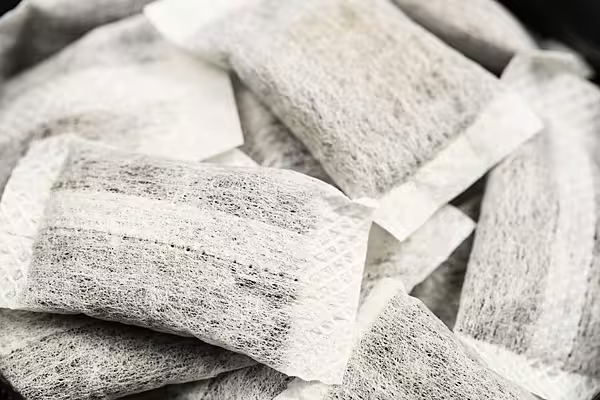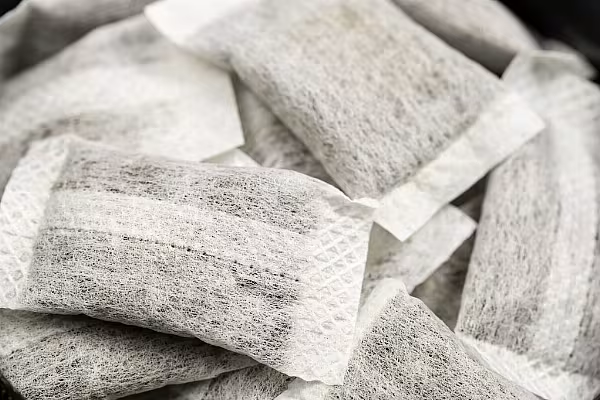The US Food and Drug Administration authorised the marketing of 20 Zyn products, marking the first such move by the regulator for the fast-growing nicotine pouches segment in the country.
The authorised products pose a lower risk of cancer and other serious health conditions than cigarettes and most smokeless tobacco products, such as moist snuff and snus, due to substantially lower amounts of harmful constituents, the agency said in a statement.
A 'Dangerous Precedent'
The FDA's move has set a "dangerous precedent", said Yolonda Richardson, president and CEO of the Campaign for Tobacco-Free Kids, adding that the nicotine pouch products with flavours such as chill, citrus, cool mint and peppermint clearly appeal to kids.
"Rather than taking action to head off further increases and prevent Zyn from becoming the next Juul, the FDA has ignored the warning signs and created serious risk that youth use of nicotine pouch products will continue to increase," Richardson said.
In 2023, e-cigarette maker Juul Labs agreed to pay $462 million over eight years to settle claims by six US states.
The states had accused Juul of falsely marketing its e-cigarettes as less addictive than cigarettes and targeted minors with glamorous advertising campaigns. The company did not admit wrongdoing in the settlement.
Philip Morris, which bought Zyn-parent Swedish Match in a $16 billion deal in 2022, continues to invest in increasing production for the nicotine pouches amid strong demand.
Zyn, an alternative to traditional chewing tobacco products, is a nicotine pouch that does not contain tobacco.
Nicotine in adolescence can harm the parts of the brain that control attention, learning, mood and impulse control, according to the US Centers for Disease Control and Prevention.
A day earlier, US regulators proposed to cap the amount of nicotine in cigarettes at non-addictive levels, in a potential world-first that could curb smoking and hit tobacco industry earnings.










